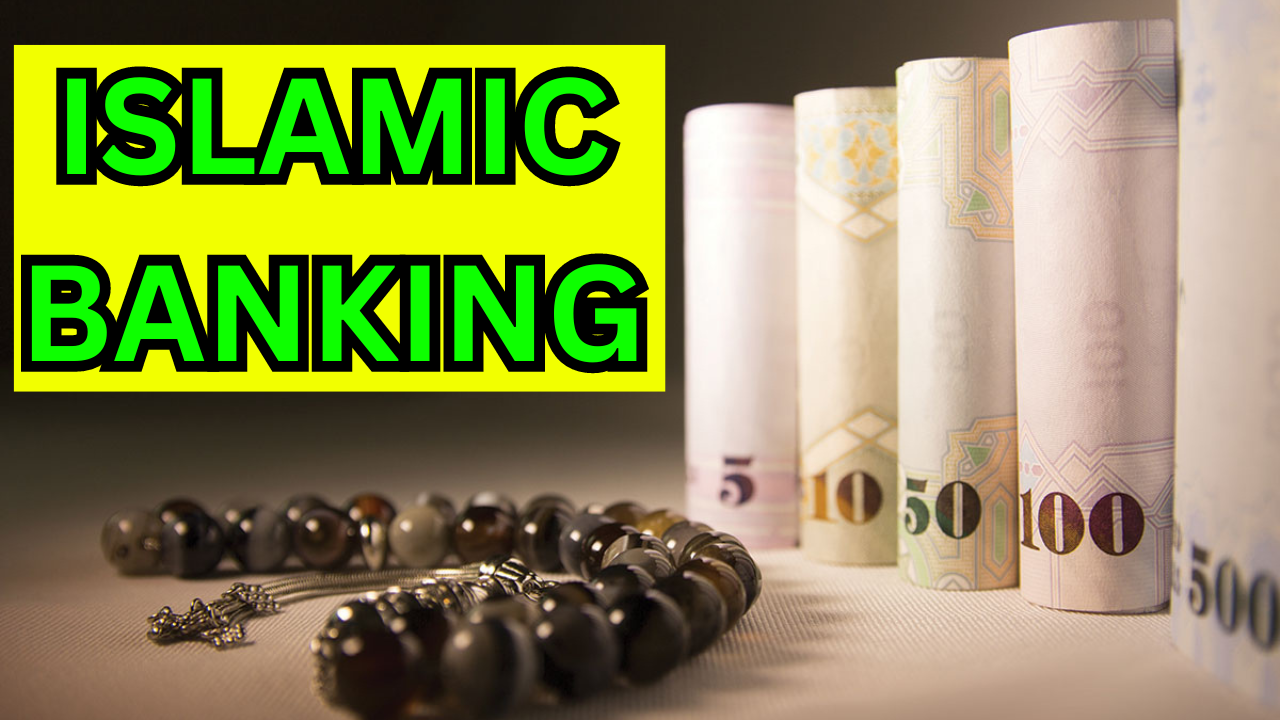Islamic banking is not just for a select few, it is for everyone. With principles rooted in fairness and ethical practices, Islamic banking offers interest-free solutions that benefit all from profit sharing to asset-backed financing. It is a system that promotes financial inclusion and stability. So whether you are looking to invest or save, Islamic banking provides a unique and accessible way to manage your finances. It offers a different approach compared to traditional banks. This article provides you with a guide that will explain what Islamic banking is, how it works, and how it might be useful for you.
What is Islamic Banking?
Islamic banking is based totally on regulations from Islamic rules that intend to ensure fairness and honesty in financial transactions. Unlike normal banks, Islamic banks do not use interest, which is referred to as “riba.” Instead, they use different strategies to make money and help their customers.
Key Principles of Islamic Banking:
- No Interest (Riba): Islamic banks do not charge or pay interest. Instead, they make money through profit-sharing and other methods.
- Risk Sharing: Both the bank and the customer share the risks and rewards of investments. In this manner, each parties have a stake in the success of their investments.
- Ethical Investments: Islamic banks only invest in businesses and activities that are taken into consideration right and lawful in Islam. They keep away from investments in such things as alcohol, gambling, or tobacco.
- Profit and Loss Sharing: Instead of earning interest, Islamic banks earn money through partnerships in which both parties share the profits and losses.
How Does Islamic Banking Work?
Islamic banking uses several special strategies to provide services:
1. Mudarabah (Profit Sharing):
In a Mudarabah agreement, one party offers money for an investment, and the opposite party manages it. They proportion the profits primarily based on an agreed ratio, however any losses are handled only by the person who supplied the money.
2. Musharakah (Joint Venture):
Musharakah is a partnership in which everyone puts in money and shares the profits and losses of a business. This is based totally on mutual agreement and equity.
3. Murabaha (Cost-Plus Financing):
In a Murabaha deal, the bank buys something and sells it to the purchaser at a better fee. This higher fee consists of a profit margin. The customer pays this amount in installments, and no interest is charged.
4. Ijara (Leasing):
Ijara is a leasing agreement where the bank buys an asset and rents it to the customer. The customer pays the lease, and at the end of the rent, they might be in a position to buy the asset.
5. Sukuk (Islamic Bonds):
Sukuk are like bonds but follow Islamic rules. Instead of earning interest, investors earn returns based on how well the underlying property is performing.
Benefits of Islamic Banking:
Islamic banking has many benefits that would interest you:
- Fairness and Transparency: Islamic banks are clear about their terms and conditions. This transparency helps prevent hidden fees and ensures equity in financial dealings.
- Ethical Investments: Islamic banks invest in projects that are good for society and keep away from harmful activities. This way your money goes to positive and ethical uses.
- Shared Risk: Both the bank and the customer share the risks and rewards of investments. This creates a fairer system in which everyone benefits from success and shares in any losses.
- Financial Inclusion: Islamic banking offers an opportunity for folks who now not use conventional banks or who are seeking out hobby-free options.
Getting Started with Islamic Banking:
If you are interested in Islamic banking, right here is how to get started:
- Research Banks: Look for Islamic banks or financial establishments in your location. Many countries have banks that follow Islamic concepts, and some regular banks provide Islamic products.
- Learn about the Products: Find out about the specific services and products supplied by Islamic banks. This will help you recognize which options shape your needs.
- Consult with an Expert: If you are new to Islamic banking, consulting with an expert who is aware of Islamic finance can be very helpful. They can explain how Islamic banking works and help you choose the great options.
- Open an Account: Once you have performed your research and know what you need, you can open an account with an Islamic bank. They will provide statistics about their products and the way to use them.
Conclusion:
Islamic banking is a different way of handling money that follows ethical rules and avoids interest. It shares risks, invests in good causes, and is clear about its practices. If you are looking for ethical banking or new options, Islamic banking might be a good fit. With the right help, you can use it to make financial choices that match your values.
